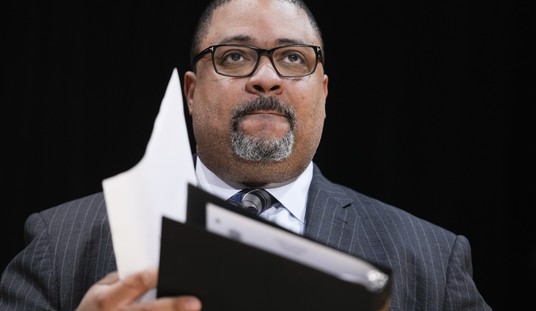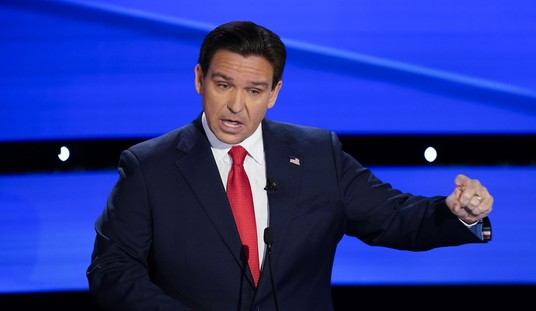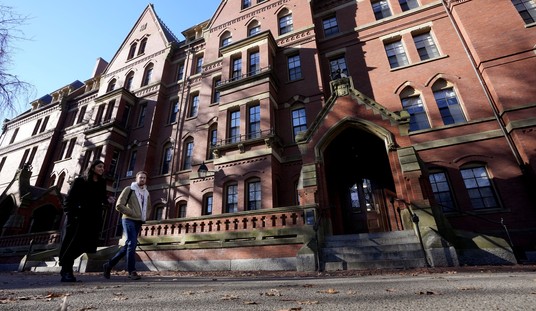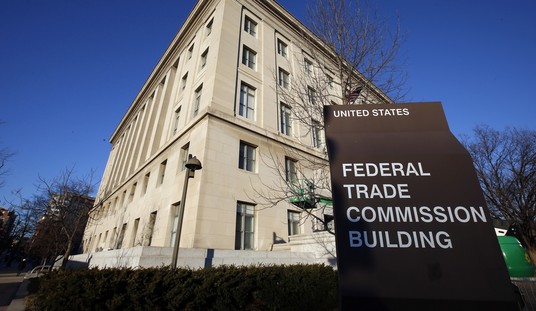Remember your first college philosophy class, when you learned about the Socratic method and the utility of asserting that you know that you know nothing? That’s a heck of a thing for your average 18-year-old, who knows everything, to hear for the first time.
Today’s college students might excoriate any professor or fellow student suggesting that simple principle for engaging in hate speech. A Cato Institute study published on Tuesday indicates that 53 percent of students believe their campus has “an obligation to protect students from offensive speech and ideas that could create a difficult learning environment.”
This sounds almost reasonable. Who can learn if someone is shouting racial or gendered epithets at them? The problem lies in the definition of “offensive”, which for some students includes campus organizations who want to hear a variety of viewpoints for themselves.
Campus Reform reports that members of the Columbia University student government voted to cut funding to the Columbia University College Republicans because of their choice of speakers. The Black Student Organization objected to the booking of Tommy Robinson and Mike Cernovich, stating:
“We do not support, in any capacity, giving a platform to beliefs that blatantly oppose our livelihood and humanity, and especially not in the name of intellectual diversity.”
They have every right to make this argument and object to the booking of any speaker. They have additionally asked the Student Governing Board at Columbia to pull funding from one campus group and redistribute it to other groups they feel are targeted and marginalized by those two speakers. They have opted to weaken another campus group instead of hearing these two speakers — to ascertain for themselves whether or not they oppose their livelihood and humanity — then vociferously call them on it.
There was a time when college students would attend the speeches of figures they detested and ask them questions at the end. They would write furious op eds for the campus newspaper. They would raise the funds to have figures with opposing viewpoints come and give their own talks.
Now we’re insisting that groups who invite people we don’t like to just go away? One could argue that cutting funding to a campus group will not put an end to it — that college Republicans ought to be well versed in the principles of the free market and raise their own funds. But it’s not hard to imagine what further demands might be made of CUCR.
Those of us of a certain age recall a time when we were trying to help other groups be heard on high school and college campuses. We remember when gay students wanted to be treated like people. We remember demanding that the United States do something about the genocide of Bosnian Muslims. Those were considered controversial and distasteful topics back then. Some school administrators and other students actively barred students from discussing these issues; we found ways around it.
But should we really have to go back there? After achieving an unprecedented level of freedom to speak out on campus, why are we rolling that back? Do we not understand that what can be done to one group can be done to all?
Our solution in the ‘90s was to say, “Those guys are jerks for inviting that putrid steaming pile of rubbish to our campus. Let’s raise funds to get Totally Opposite Public Figure to come speak!” And we did. And there was a dialogue. And people managed to meet in the middle, sometimes, and learn something from each other.
College was the best opportunity to hear every side of every issue, get ideas straight from the horse’s mouth without a media filter, and engage with those ideas directly. Now we just want to pretend those ideas — including the idea of even hearing ideas — don’t exist. This, as history shows, never ends well.














Join the conversation as a VIP Member